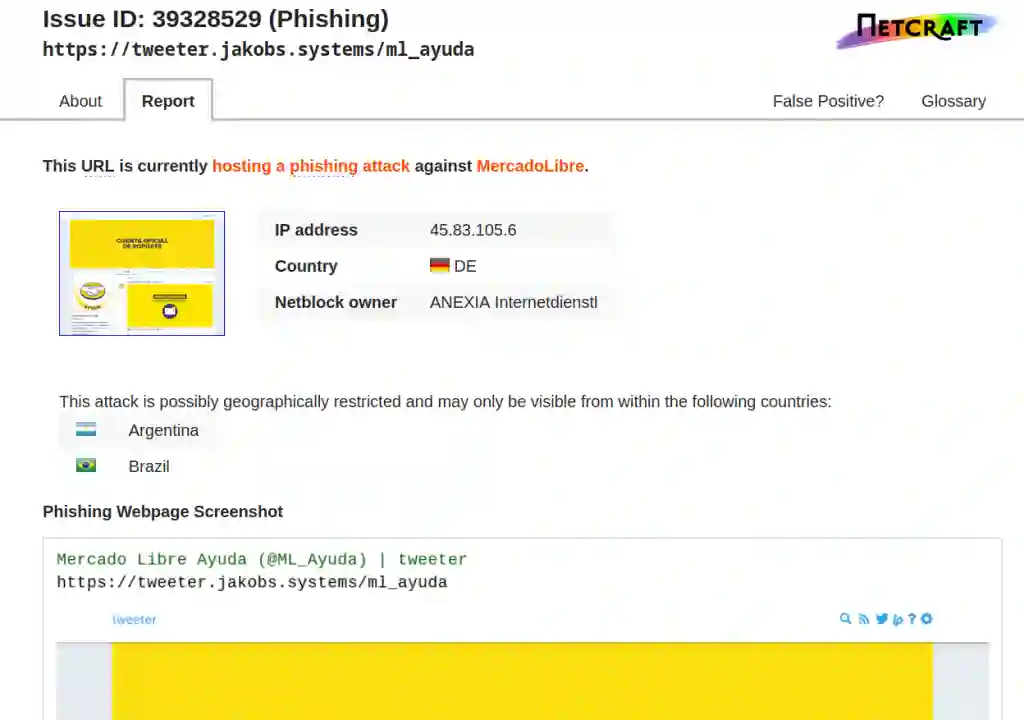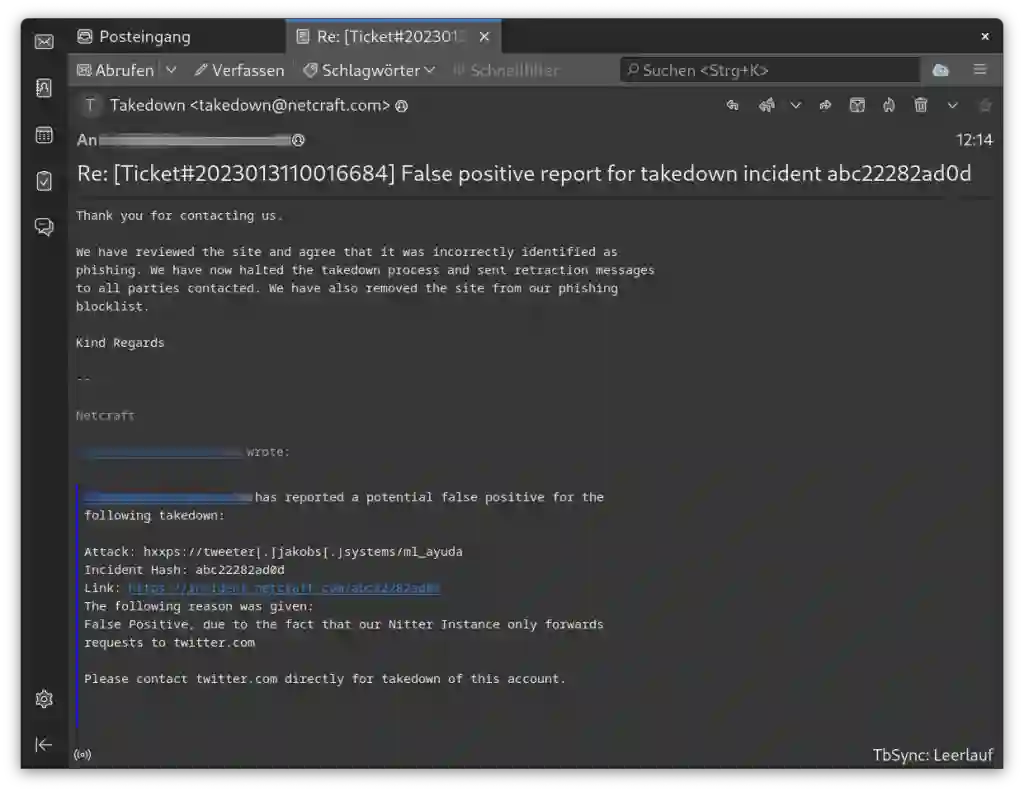Who would have thought six months ago that Twitter would die so quickly and clearly? My choice of words is not exaggerated. We are witnessing the death of a platform. Not that I ever had an account on this so-called social medium. I use its open API with my own Nitter instance1, as introduced here as a blog post two years ago2.
Free of advertising, the collection of behavioral data, a user interface full of distractions, dark patterns, and 3rd-party content, I read tweets from interesting people as an RSS feed together with all other news in my personal Nextcloud news reader.
That’s over now. The new owner of Twitter is destroying what made this service great.3 Anyone who wants to continue using the Twitter API after February 9, 2023, must pay. The need seems to be greater than the intellect. And it remains to be doubted that the decision-maker is aware of what he is doing. With the laughable lead time of only one week, it will be exciting to see which websites, apps, and services suddenly stop functioning properly.
The Twitter API is used not only by my insignificant Nitter instance but also by numerous other services and apps. Media websites access cited tweets as well as countless plugins in web builders and shops with “Login with Twitter” functions. Marketing departments of companies cross-post their contributions to multiple platforms with third-party applications.
Even if some erratic decisions of the recent past were quickly reversed4, one thing becomes clear to me: it’s time to cut the last connection. For three reasons:
For a little over six months, I have felt very comfortable on Mastodon5 and have observed that almost all institutions and people I provided with a Nitter RSS feed have found their way into the Fediverse.
On Twitter, more and more of the “bottom of the Internet” is accumulating. Conspiracy theorists, Nazis6, racists, and simply annoying people like Trump7 are regaining their accounts and reach. There are more advertising revenues. At the same time, the bullshit emitted on Twitter is becoming less and less controlled in general. Too expensive because of the effort and personnel involved.
In recent weeks, my Nitter instance has increasingly been the target of false-positive abuse reports. It is obvious that the personnel cuts8 at Twitter lead to a noticeable increase in malware and ransomware, which increasingly find their way onto the computers of those affected through Twitter tweets.
The last abuse report came a few days ago from Argentina. In addition to 10 minutes of server downtime, an email exchange with my ISP, a snake-oil vendor it put my server for 2h on an blacklist. The two following screenshots show what this looks like.


It’s good that my mail and reverse VPN servers with other services are on different IP addresses. It has its advantages to separate important functions from each other.
Anyone who is still engaged on the dying Twitter platform is well advised to jump ship in time. Inconsequential tweets rarely generate revenue, least of all behind a paywall. In the circle of Nazis, racists, and the disgusting bottom of the net, they do, however, permanently damage a brand, their own company, and all the people associated with it.
Elon Musk doesn’t care about users, advertisers or the company he’s bought. It’s all about quick money to reduce his personal expenses and liabilities. By hook or by crook. He lost the mantra of the “maker” with Tesla or SpaceX. People like Musk are dangerous - they usually end up destroying what they painstakingly created with their own rear end.
In search of a term for this decline, I came across Cory Doctorow9. He coined the term “enshittification” of platforms10.
Here is how platforms die: First, they are good to their users; then they abuse their users to make things better for their business customers; finally, they abuse those business customers to claw back all the value for themselves. Then, they die. (…) this is the enshittification lifecycle.
In ten years, Twitter will be mentioned along with former giants like Compuserve, Lycos, Yahoo, or AltaVista. And people will wonder how a rich snob could destroy an ecosystem that had grown over decades so quickly and brutally.
In this sense,
have a pleasant Twitter-free time,
Your Tomas Jakobs
https://blog.jakobs.systems/blog/20210127-nitter-selfhosting/ ↩︎
https://netzpolitik.org/2023/ende-der-kostenlosen-api-musk-zerstoert-was-twitter-gross-gemacht-hat/ ↩︎
https://br.de/nachrichten/netzwelt/chaos-bei-twitter,TMVCClk ↩︎
🚫 https://tagesschau.de/ausland/amerika/trump-twitter-musk-usa-103.html ↩︎
https://zdf.de/nachrichten/wirtschaft/twitter-kuendigungswelle-fuenfzig-prozent-entlassung-100.html ↩︎